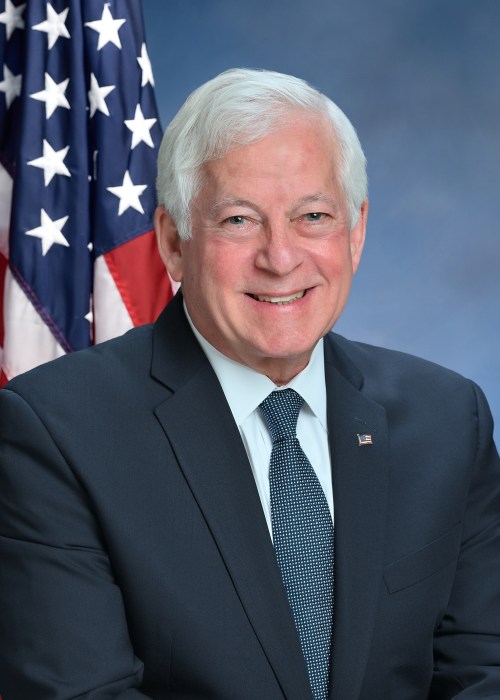Don’t make a federal case out of it. Well, that is exactly what has become of the issues with Pentachlorophenol (aka Penta), which is banned from all uses in the U.S. (other than utility poles) because of its well-documented destructive path with hundreds of superfund sites costing taxpayer tens of millions of hard-earned dollars.
From the comfort of his bench, a district court judge finds the first amendment tactic to “not speak,” and thus not warn the public about Penta, acceptable. The judge opens his 38-page brief titled, “Background: The facts of this case are relatively straightforward and substantially undisputed.”
First, we are taken down memory lane with a history lesson about LILCO, LIPA and PSEG, then tailspin into irrelevant information about the height of utility poles. His overreach extends with the misguided statement that the responsibility of the town supervisor is only to “enforce town code.” Transgressing in time, we relive his interpretation of 2013 events where he dedicates a section to “the project” and the merits of securing our future from hurricanes and 120 mile-per-hour winds. The next several pages read like a mystery novel, as one is asked to believe his cryptic summary of email shorts about who said what, when and with what relevance related to “the project.” Without preamble of reason, materials from the plaintiffs consultant and the “Treated Wood Council” (aka the law firm that lobbies for the Penta chemical company) are accepted and quoted as “Additional Relevant Facts Related to Penta.”
In the middle of the document the judge begins to mix Penta with Chromatid Copper Arsenic (CCA). He adds a splash of quotes from National Pesticide Information Center (NPIC) and the EPA’s 2008 Reregistration to really spice up the confusion about what the relevant issue really was from the start.
Hidden neatly between a barrage of legal references emerges his finding that, “The Supreme Court has long recognized that so-called commercial speech” is entitled to the “right to refrain from speaking” even though “arguably, the messages may succeed in stimulating a change in certain residents’ behavior—for example, prompting pedestrians to avoid the poles and inspiring parents to keep their children away.”
A deafening pattern (like Flint, Michigan) is emerging from this behavior of not informing the public. At the heart of the issue is the EPA who remains silent and unresponsive to leverage their authority to ban, impose restrictions and apply notifications for this chemical given their knowledge of its horrific and deadly past.
We should all find comfort that our town supervisor and council members correctly opted to try to educate and protect its citizens about Penta rather than remain silent as this judge would have it.
—Chuck Idol
chuckidol@longislandbuilders.com





























